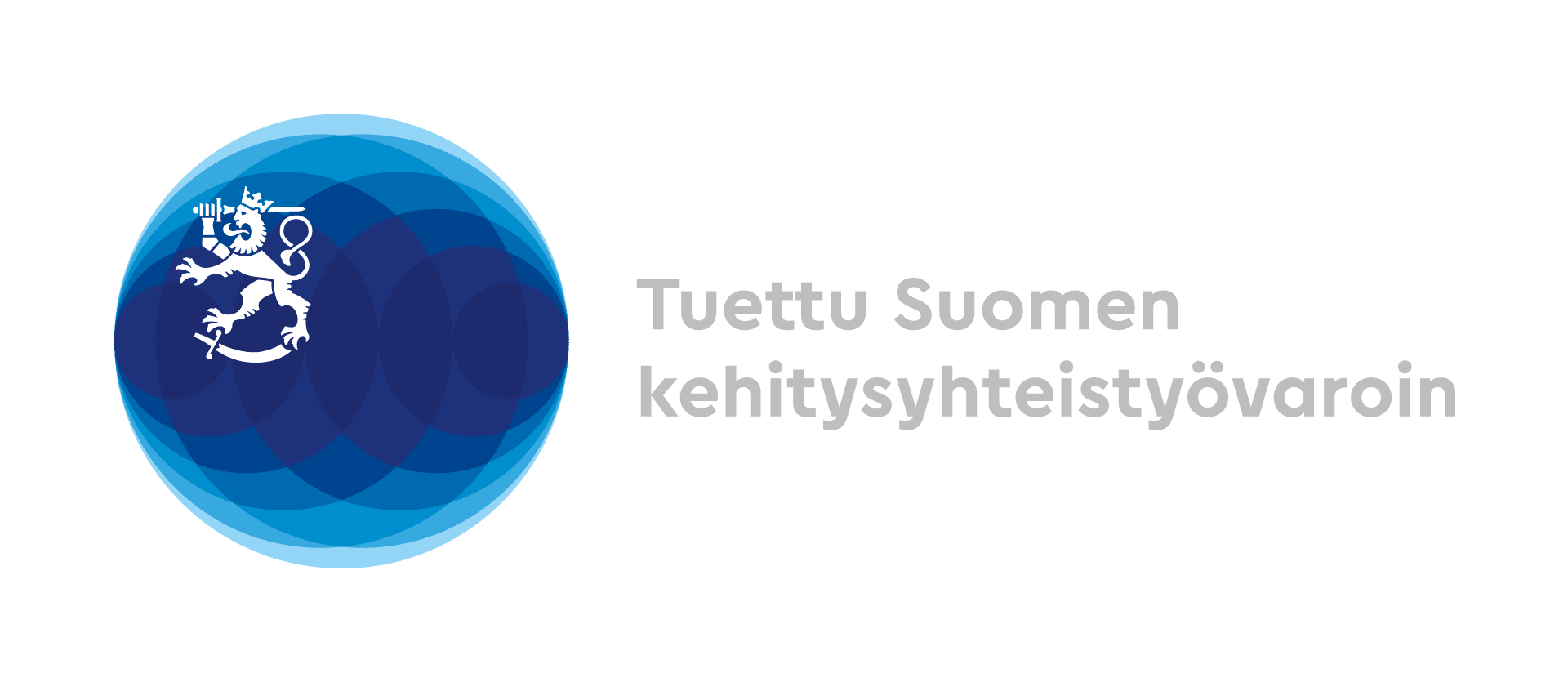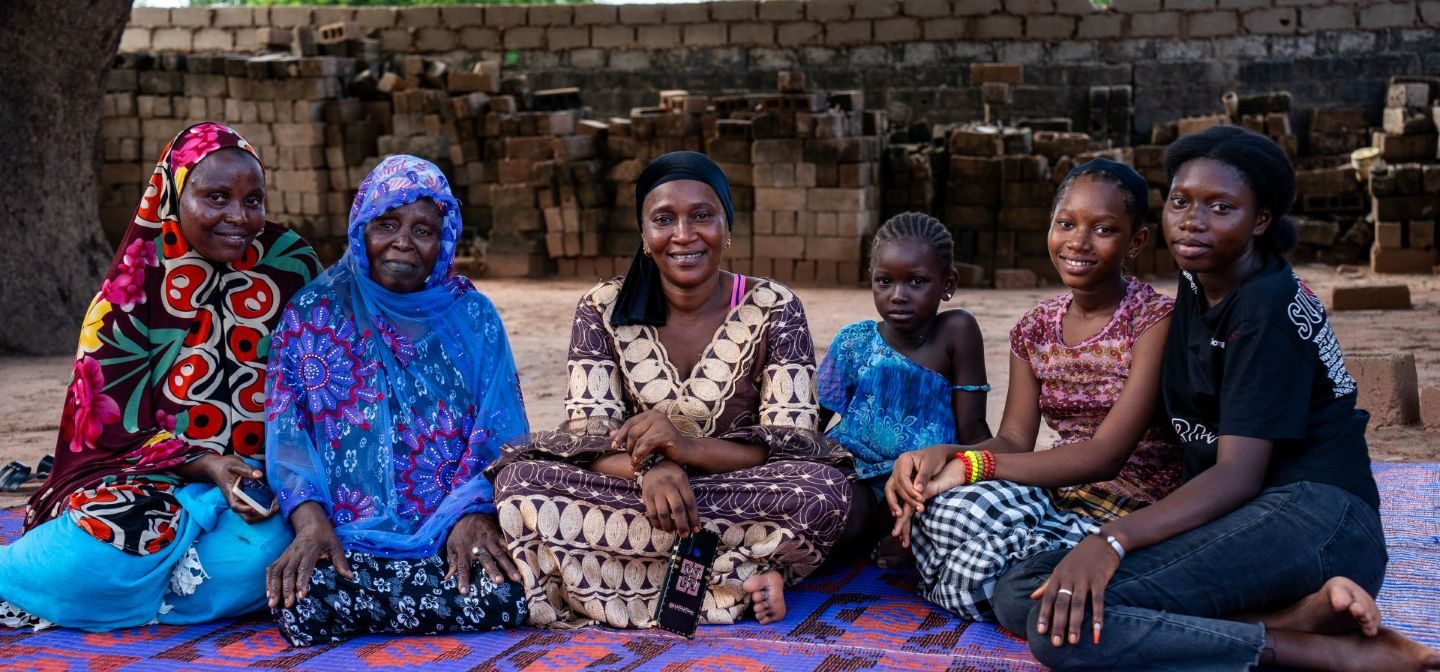
The Gambia is the smallest country in the mainland of Africa, with its borders shaped by the Gambia River. The country’s economy relies on subsistence farming, and its most significant export product is peanuts.
Although the Gambia has made progress in promoting the rights and status of women and children, many challenges remain. Harmful societal norms and practices continue to restrict and discriminate against women in particular. Gender-based violence affects the lives of many Gambian women and girls, impacting families’ and children’s well-being and their future prospects.
Due to early marriages or traditional gender roles, many girls are excluded from education and better employment opportunities. The majority of Gambian women work in the informal sector and are underrepresented in decision-making and leadership positions.
Improving the status of women and changing harmful practices requires education, the strengthening of women’s economic position, and raising awareness across entire communities.
SOS Children’s Village in the Gambia has supported children and youth who have lost their parents or are at risk of being separated from them since 1982. The organization has two locations in the country and is an experienced leader in gender equality and development cooperation projects. It implements several family strengthening programs, with a particular focus on the rights of women and young girls.
SOS Children’s Village Finland has been collaborating with SOS Children’s Village the Gambia since 2014.
The project is funded by the Ministry for Foreign Affairs of Finland
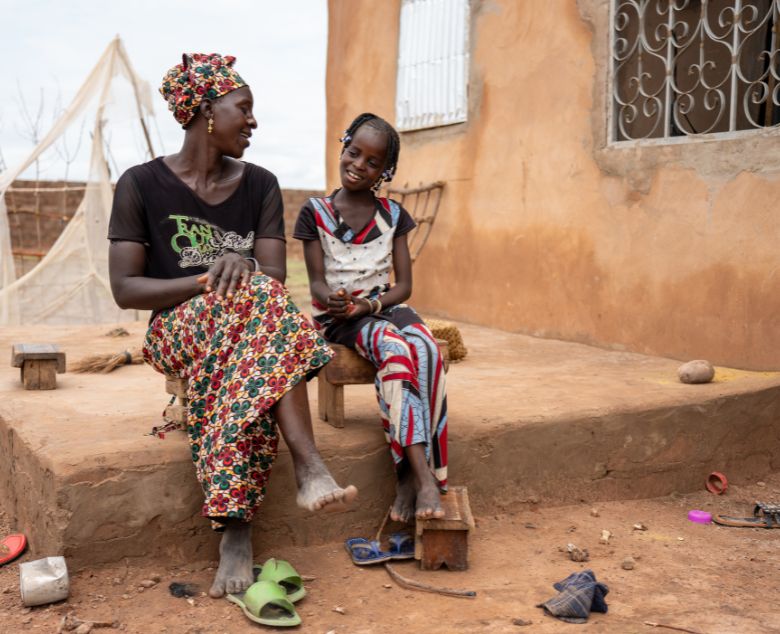
The Equality First project aims to improve the rights of the most vulnerable women and youth, especially girls, in rural Gambia, in order to promote gender equality and sustainable livelihoods. The activities are designed to address the challenges faced by young people and marginalized mothers, both at the individual and community levels.
The project seeks to strengthen women’s and particularly girls’ awareness of their rights and of the discriminatory practices they may face. This is achieved by providing access to quality sexual and reproductive health services and offering education on equality, human rights, and children’s rights. The project also offers vocational training, especially targeted at girls and women.
We engage in dialogue with local authorities, community leaders, businesses, and civil society organizations. In doing so, we help strengthen the entire community and promote positive attitudes and practices around gender equality and the economic empowerment of vulnerable women and girls.
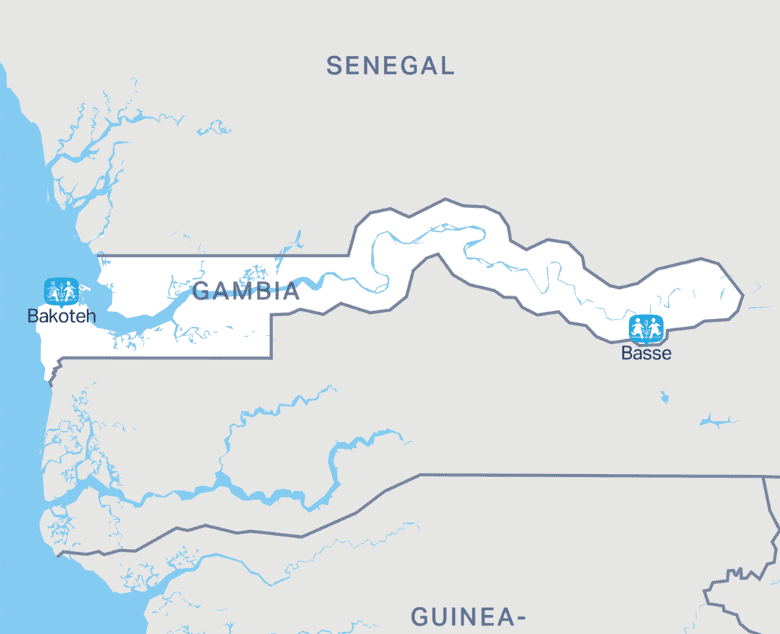
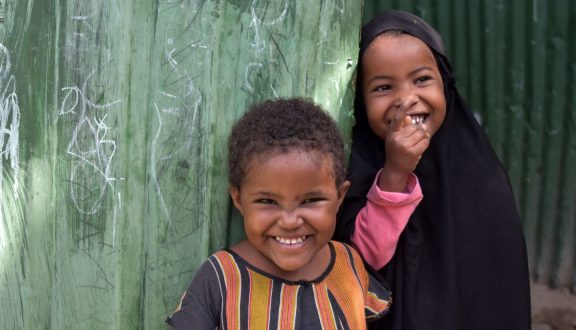
In Ethiopia, we aim to reduce poverty and improve the wellbeing of women and children in particular, while promoting gender equality. We support caregivers in strengthening their livelihoods and parenting skills, improve school infrastructure, and promote child-friendly and inclusive teaching methods. The projects are funded by the Finnish Ministry for Foreign Affairs.
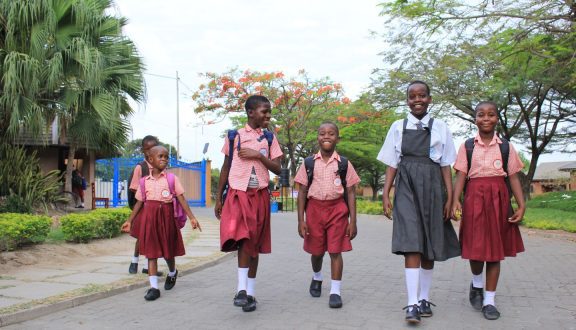
In Tanzania we promote the wellbeing and rights of young girls, boys, and mothers. Our work addresses inequality, gender- and child-based violence, poverty, and challenges related to sexual and reproductive health and rights. The project is funded by the Finnish Ministry for Foreign Affairs.
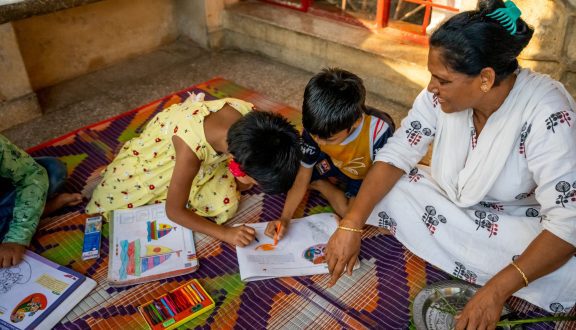
In India, we promote children’s access to education. We support families in acquiring learning materials to ensure that no child is left out of school due to a lack of school supplies. We also strengthen parents’ knowledge and skills so they can better support their children’s education. The project is implemented through corporate partnership.
